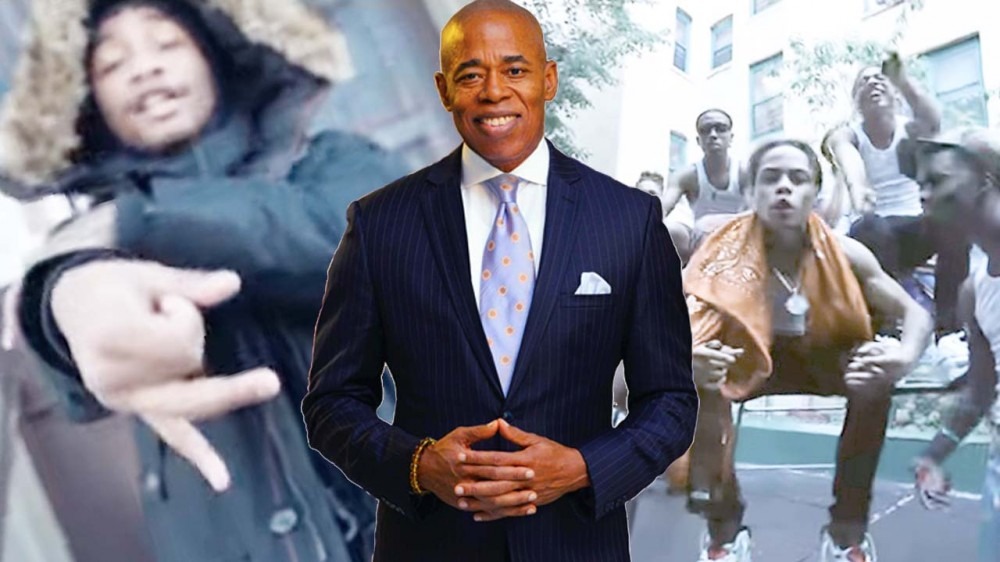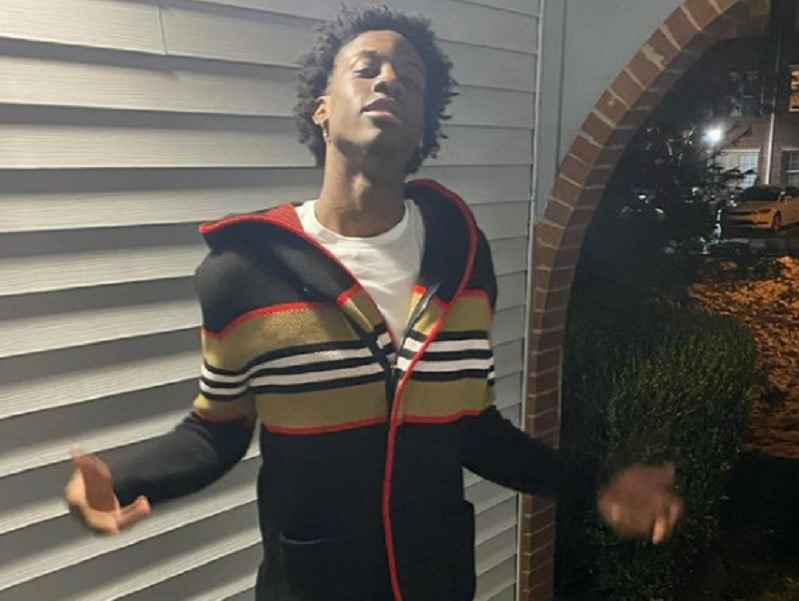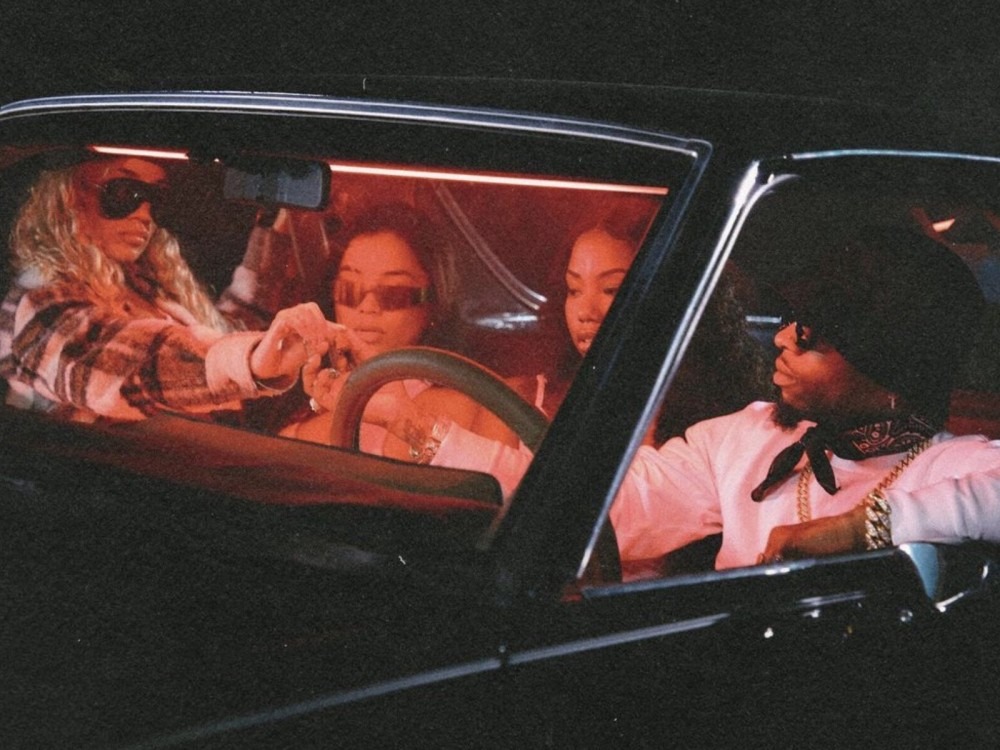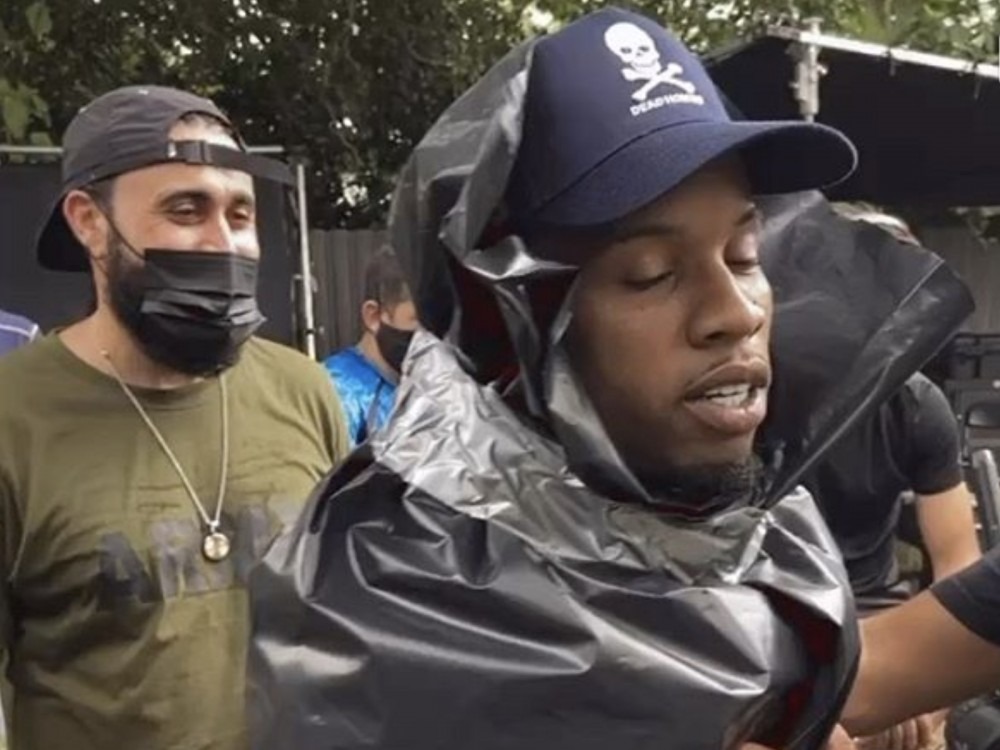Mayor Eric Adams plans to meet with social media platforms to discuss the possibility of banning drill music. Hot 97 DJ Drewski says he won’t play any more drill music that promotes beef or violence. Their responses are over concerns that drill music is the backdrop to rising street violence and the death of two Brooklyn rappers. Are they right?

109 Views
Comments Off on NY Mayor Aims To Clamp Down On Drill Rap To Stop Violence In The Community. DJ Drewski Vows He Won’t Play It. Who’s Right?
Chii Wvttz Death Sparks Outcry Against Drill Rap
New York City’s Mayor Eric Adams made alarming statements in his speech to the press this past Friday. Adams expressed concerns about drill rap, the musical subgenre that has flourished in his home borough of Brooklyn over the past half-decade.
Adams spoke out against the genre after the death of 18-year-old drill rapper Jayquan McKenley, better known as Chii Wvttz. Chii Wvttz was fatally shot in the Bedford-Stuyvesant section of New York City last Sunday.
The mayor said he became aware of drill music fairly recently when his son, Jordan Coleman, sent him videos. Upon viewing the videos, he characterized the music as “alarming,” linking it to gun violence and putting further blame on social media companies for allowing drill music videos, which sometimes depict guns and violence, to appear on their platforms.
Adams likened the proliferation of drill music to hate speech made by politicians like Donald Trump. He said, “You have a civic and corporate responsibility… We pulled Trump off Twitter because of what he was spewing. Yet we are allowing music [with] displaying of guns, violence. We allow this to stay on the sites”.
The mayor said he would be building a coalition of members of the rap community he will name at a later date to discuss the issue.
Mayor Adams Compares Drill To Donald Trump
Many are questioning whether Adam’s suggestion that banning hate speech is akin to banning drill music or even if it is drill music that is at the root of the perpetuating violence and shootings in major cities, including NY and Chicago.
The Internet and social media, in general, are considered public spaces, not safe spaces. Social media companies like Facebook have made it clear that it is not their responsibility to curate a user’s experience on the Internet but to provide the tools for a user to experience the content at their own discretion.
Adams mentions that Trump was banned from Twitter, but leaves out that it took four years for Twitter to build the case to do so based upon a preponderance of violations including slander, bigotry, and inciting violence nationwide.
Drill music is in fact entertainment and asking social media sites to make an intervention as big as banning drill music can lead to a slippery slope, as the final decision is left up to the corporation. In best-case scenarios, drill music is censored or put behind an “18+” label, and in the worst-case scenario, the censorship of hip-hop music as a whole.
The idea of blaming hip-hop and its subgenres of music for rising violence has been spouted time and time again. Not every single person who partakes in a medium that uses violence will be violent, but the few who do become violent typically already have those tendencies and use those mediums as scapegoats.
In this same way, a person who plays Grand Theft Auto 5 will not turn into a violent, aggressive person just by virtue of playing the game – even repeatedly. If one can understand that for mediums such as video games, television, and film, then why can’t that understanding be extended to the hip-hop community?
Yes, it is true that the ideology of violence is interlinked with hip-hop, considering many who make hip-hop music come from underprivileged and sometimes violent communities.
Yes, it is true that some members within the hip-hop industry engage(d) in violence.
But it is also true that there are members of the hip-hop industry and related subgenres who do not engage in violence. Moreover, those who do are a minority, who, unfortunately, speak and shape the majority.
DJ Drewski v Mayor Eric Adams: Who’s Approach Is Better?
New York City’s radio station Hot 97’s DJ Drewski made an announcement that he would no longer air drill music that highlighted gang affiliation or diss rival rappers after the recent uptick in violence. Writing on Instagram, Drewski said:
I’m not supporting no more diss/gang music! If ya dissing each other in the songs, don’t even send it to me! We r losing too many young men and women to the streets!
DJ Drewski continued, urging artists to explore other themes in their writing and make non-violent music, saying “If you make drill music, there are a lot of drill songs without dissing your opps or smoking your opps! Step up your pen game and creativity. No reason why every week someone is getting locked up or killed. I can’t change the world, but I can stop supporting the nonsense.”
Amidst heavily polarized reactions, both in support and criticism of his decision, Drewski considers the action to be a social responsibility and implores artists to be reflective on the impact of their voice and their true fans will support them. He told Complex, “So if you can make a drill record without inciting violence, they’re still going to pay attention. The fear from the artist’s side is like, ‘Damn, if I switch it up a little bit, are they still going to respect what I do?’ Yes, if you’re a real artist. You’re going to get support from everyone else, because everyone is tired of the dissin’.”
DJ Drewski has the advantage over Mayor Eric Adams in two major ways. He is a supporter of the culture and has a more comprehensive understanding than Adams, who had only recently learned about it. Drewski also understands and respects the nuances that come with drill music – the range and potential that drill music has, and only wishes to limit the harm within the community.
Will DJ Drewski’s self-imposed regulations prove better for the future of NYC and drill music compared to Mayor Eric Adam’s attempt of erasure? Only time will tell.






